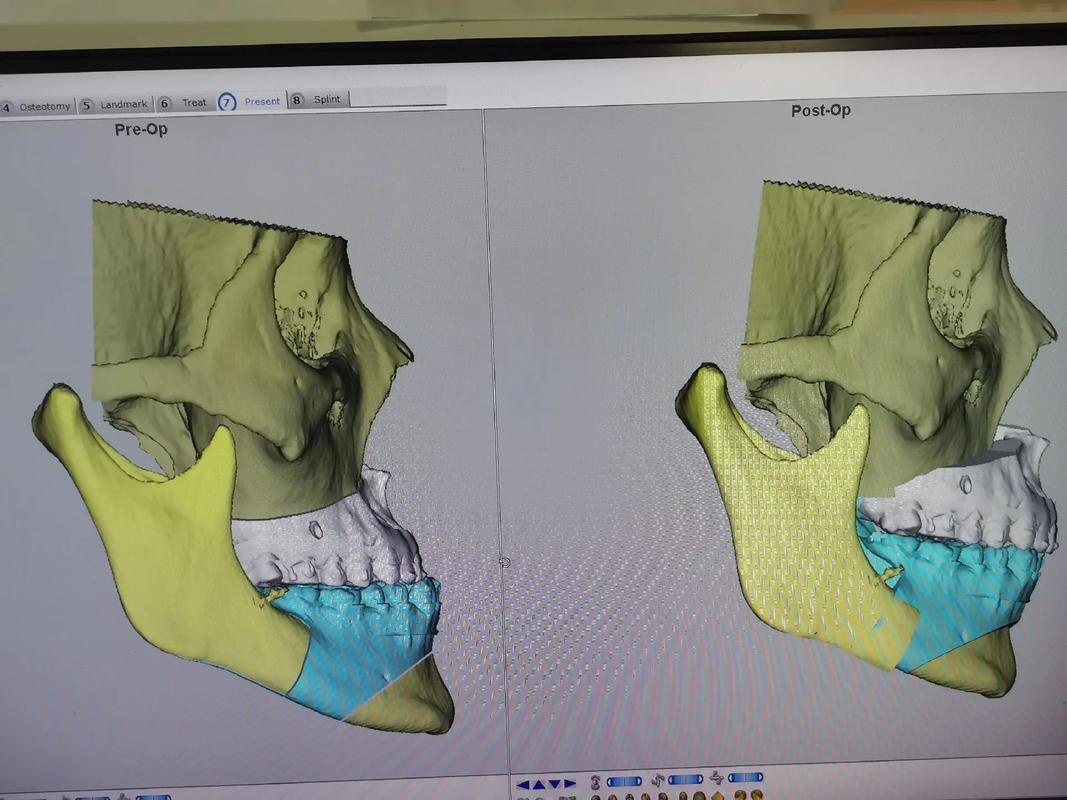
Understanding the Pre-Operative Process
Embarking on a cholecystectomy, or gallbladder surgery, is a significant decision that requires thorough understanding and preparation. This article aims to provide you with a detailed, multi-dimensional overview of the pre-operative phase, ensuring you are well-informed and confident about the upcoming procedure.
Pre-Operative Consultation
Before the surgery, you will likely have a pre-operative consultation with your surgeon. This is a crucial meeting where you can discuss your medical history, any concerns you might have, and the procedure in detail. Your surgeon will also explain the risks and benefits of the surgery, and answer any questions you may have.

Medical Evaluation
As part of the pre-operative process, you will undergo a thorough medical evaluation. This may include blood tests, an electrocardiogram (ECG), chest X-rays, and other diagnostic procedures. These tests help your healthcare team understand your overall health and any potential risks associated with the surgery.
| Test | Purpose |
|---|---|
| Blood Tests | Check for anemia, infection, kidney function, liver function, and blood clotting ability. |
| ECG | Assess heart function and rhythm. |
| Chest X-ray | Check for lung function and any abnormalities in the chest area. |
Pre-Operative Instructions
Your surgeon will provide you with specific pre-operative instructions. These may include fasting for a certain period before the surgery, discontinuing certain medications, and arranging for someone to drive you home after the procedure. It is essential to follow these instructions closely to ensure a smooth surgery and recovery.
Pre-Operative Medications
You may be prescribed medications to take before the surgery. These could include antibiotics to prevent infection, pain medications, or other medications to manage specific health conditions. Be sure to discuss any concerns about these medications with your healthcare provider.
Pre-Operative Anxiety
It is normal to feel anxious before surgery. Your healthcare team can provide various resources to help manage your anxiety, such as relaxation techniques, counseling, or medication. Openly discussing your concerns with your healthcare provider can also help alleviate anxiety.

Pre-Operative Day
On the day of your surgery, you will be admitted to the hospital. You will be given a gown to wear and asked to remove all jewelry and personal items. You will also be given a sedative to help you relax before the procedure. Your healthcare team will monitor you closely throughout the process.
Post-Operative Care
After the surgery, you will be taken to a recovery area where your vital signs will be monitored. You may experience some pain, which can be managed with pain medication. Your healthcare team will provide you with instructions on how to care for your incision site and what to expect during your recovery.
Recovery Process
The recovery process can vary from person to person. Most patients can return home within 24 to 48 hours after surgery. You may need to follow a liquid diet for a few days and gradually reintroduce solid foods. It is essential to rest and avoid strenuous activities for several weeks to allow your body to heal.
Long-Term Outlook
After a successful cholecystectomy, most patients experience significant relief from gallbladder-related symptoms. However, it is essential to maintain a healthy lifestyle, including a balanced diet and regular exercise, to prevent future gallbladder issues.
By understanding the pre-operative process and being well-prepared, you can approach your cholecystectomy with confidence and peace of mind. Remember to communicate openly with your healthcare team and ask any questions you may have. This will help ensure a successful surgery and a smooth recovery.



